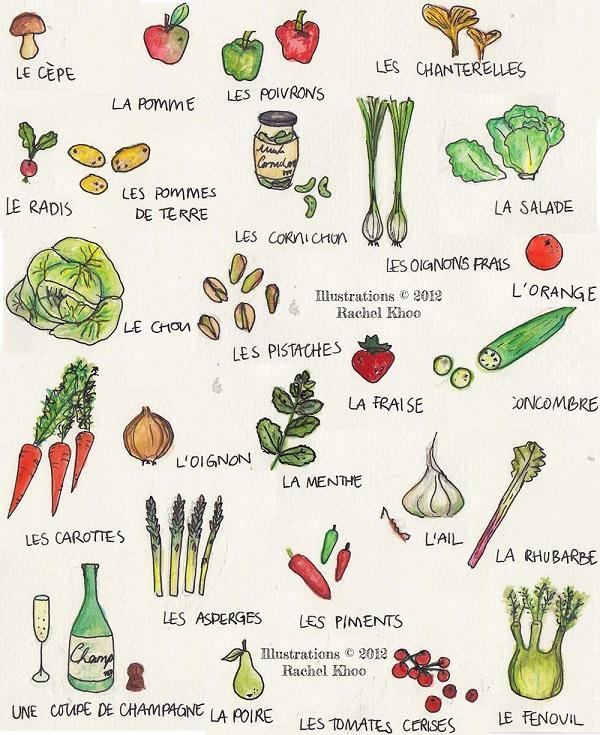Cooking has had an exciting revival in recent years thanks to Instagram, cafe culture, cooking programmes and celebrity chefs.
The first cookbook to be printed was a collection of Roman recipes, called ‘Apicius’, which was compiled circa 900 AD. The first television celebrity chef was Julia Child, who aired on American television in 1963 with her own cooking show entitled “The French Chef”. In the 1980s, the noun “foodie” was first used to describe a person who has an avid interest in food.
Personal beliefs differ when it comes to food and cooking. Whether your philosophy is that food is a basic fuel for the body, or (the opposite end of the scale) you believe cooking is a form of expression in which the plate is a white canvas for edible art, or indeed if you fall somewhere in the middle and believe that good, simple, home cooking is a way of sharing with family and friends. Lets say, no opinion is right or wrong.
Most of us have heard of ‘haute cuisine’, but each individual region of France is diverse and comes with its own style. The traditions have reached far beyond their origins and a lot of French cooking terms are now used globally.
Ever seen blanch, coulis, rôti, brûlée, bouillon or bisque on a menu or recipe?
Here is a mini-guide to the nouns and adjectives you might find, starting A-B!
aligot (m) mashed potatoes, garlic and melted cheese (Auvergne)
alsacienne (à la – ) ‘Alsatian style’ – dish usually garnished with sauerkraut, pork, sausage or simmered with wine and mushrooms
américaine (à la – ) ‘American style’ – dish of fish or shellfish, particularly lobster, ‘flamed’ in brandy and then simmered in white wine and tomatoes
anchiade (f) dip of anchovies mixed with garlic and olive oil (Provence)
àncienne (f) ‘old style’ – depending on the meat used, can be served in a cream sauce with mushrooms, vegetables, onions or shallots, and/or with white wine and herbs
appellation d’origine controlee (AOC) officially recognised produce with a guarantee of origin
basquaise (à la – ) ‘Basque style’ dish usually prepared with tomatoes and red peppers
bèarnaise (f) white sauce made of wine or vinegar beaten with egg yolks and flavoured with herbs
béchamel (f) milk-based sauce
bien cuit(e) (m/f) well-done meat
bisque (f) spicy shellfish soup with cream and cognac
blanquette de veau (f) veal stew in a white cream sauce
bleu (m) nearly raw meat
bouillabaisse (f) soup traditionally made of assorted fish stewed in a broth with garlic, orange peel, fennel, tomatoes and saffron (Marseilles)
bouillon (m) stock, broth
Photo source: rachelkhoo.com

